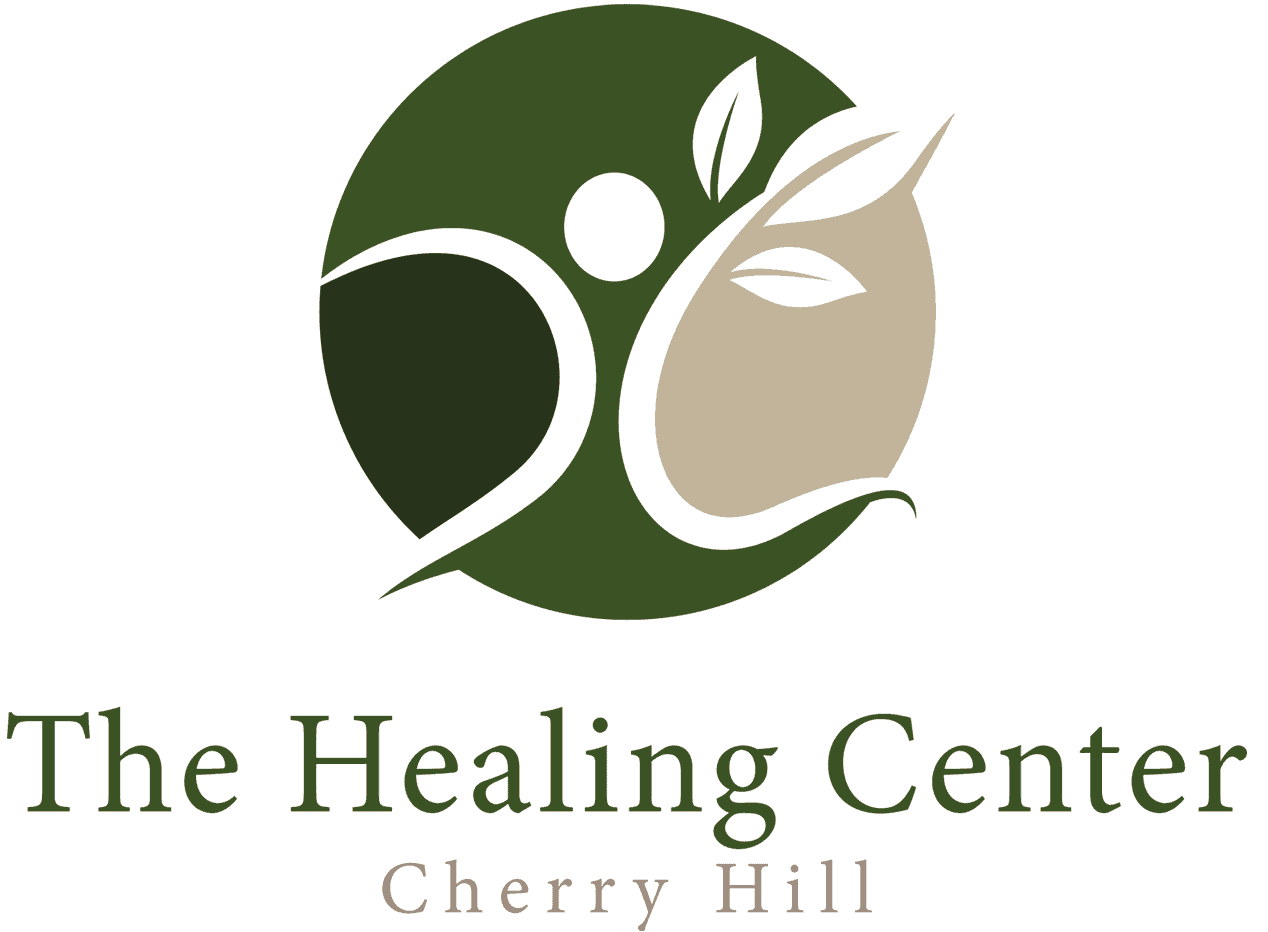Alcohol abuse can have a profound impact on individuals and their loved ones, often leading to serious health, social, and emotional consequences. Understanding the signs and symptoms of alcohol abuse is crucial for early intervention and support. Here, we explore the various indicators that someone may be struggling with alcohol misuse.
1. Increased Tolerance
One of the first signs of alcohol abuse is the development of tolerance. This means that over time, a person needs to consume more alcohol to achieve the same effects they once experienced with smaller amounts. Increased tolerance can lead to higher consumption levels, escalating the risk of health complications.
2. Withdrawal Symptoms
When a person who regularly drinks alcohol suddenly reduces or stops their intake, they may experience withdrawal symptoms. These can include:
- Nausea and vomiting
- Sweating and shaking
- Anxiety or irritability
- Insomnia
- Rapid heartbeat
Withdrawal symptoms can be severe and may require medical intervention, highlighting the importance of seeking help.
3. Neglecting Responsibilities
Alcohol abuse often leads individuals to neglect their responsibilities at work, school, or home. This can manifest as:
- Frequent absences or tardiness
- Decline in work or academic performance
- Ignoring family obligations or personal hygiene
The shift in priorities can create significant strain on relationships and lead to feelings of guilt and shame.
4. Social Isolation
As alcohol consumption increases, individuals may withdraw from social activities they once enjoyed. They may choose to spend more time drinking alone or with others who share similar habits, leading to isolation from family and friends. This can exacerbate feelings of loneliness and depression.
5. Loss of Control
A hallmark of alcohol abuse is the inability to control drinking habits. Individuals may find themselves:
- Drinking more than intended
- Attempting to cut back or quit but being unsuccessful
- Drinking in risky situations (e.g., driving, operating machinery)
This loss of control can lead to dangerous situations and further entrench the cycle of addiction.
6. Engaging in Risky Behaviors
Alcohol can impair judgment and increase the likelihood of engaging in risky behaviors. This may include:
- Driving under the influence
- Unprotected sex
- Mixing alcohol with drugs
Such behaviors can have legal, health, and social consequences that are often life-altering.
7. Physical and Mental Health Issues
Long-term alcohol abuse can lead to a variety of health problems, including:
- Liver disease (e.g., cirrhosis, fatty liver)
- Heart problems
- Increased risk of certain cancers
- Mental health disorders, such as anxiety and depression
Recognizing the physical toll of alcohol abuse is crucial for prompting individuals to seek help.
8. Changes in Mood and Behavior
Individuals struggling with alcohol abuse may experience significant mood swings or changes in behavior. This can include:
- Increased irritability or aggression
- Unexplained emotional outbursts
- Depression or anxiety
These changes can strain relationships and contribute to a cycle of isolation and distress.
Get The Help That You Need Today Through Quality Drug & Alcohol Addition Treatment in New Jersey
If you or someone you know exhibits signs of alcohol abuse, it’s essential to seek help. Early intervention can prevent further complications and lead to a healthier, more fulfilling life. Treatment options are available, ranging from counseling and therapy to support groups and rehabilitation programs. Remember, it’s never too late to reach out for support.







